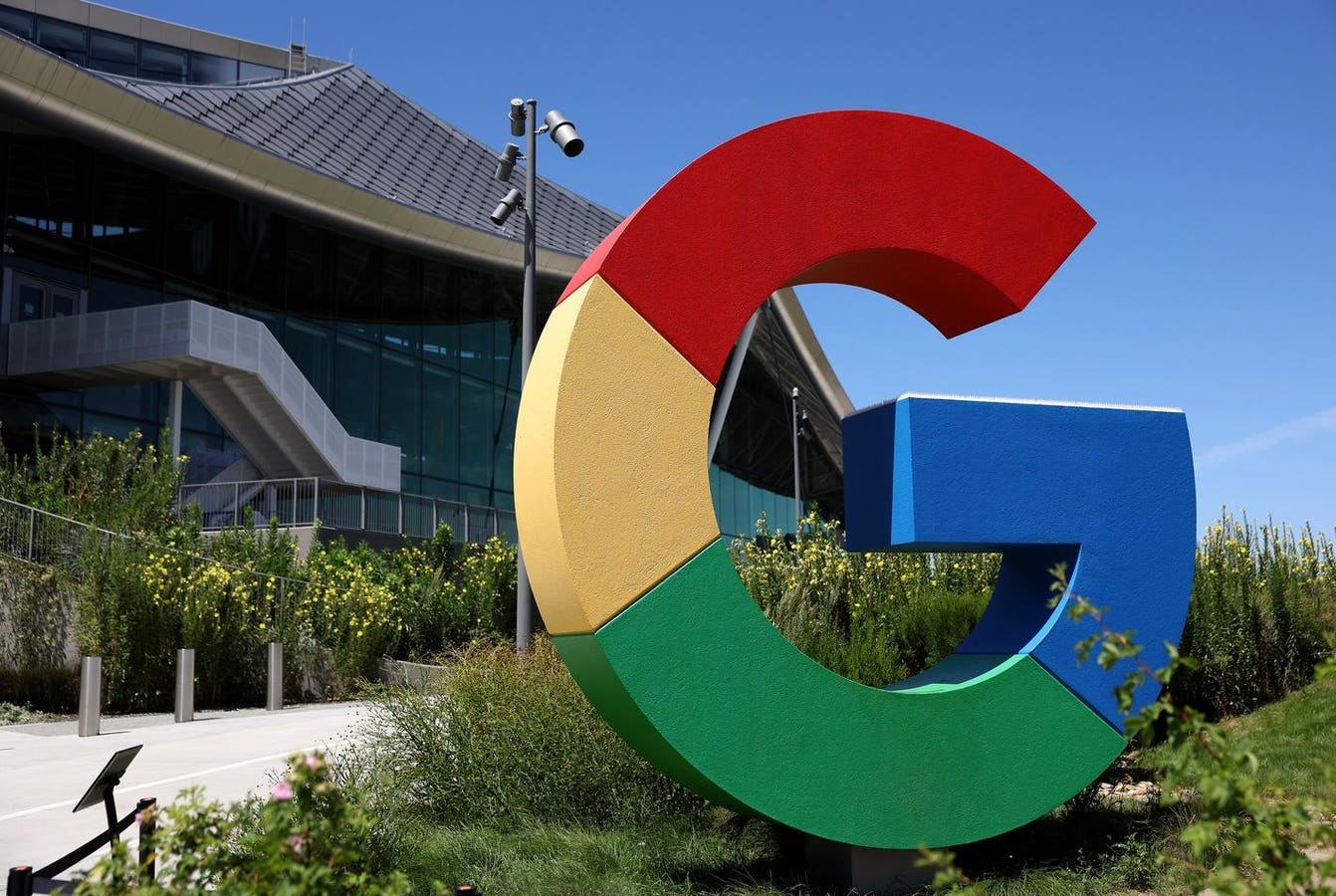MOUNTAIN VIEW, CALIFORNIA – AUGUST 13: The Google logo is displayed in front of company headquarters … More
A year after adding AI search responses to the top of its SERP pages in the form of something called “AI Overviews”, Google is going a step further.
This week, the company is unveiling its “AI mode,” where instead of a list of search results, what the user get is Google‘s own take on a model-generated summary of whatever was put into the search box.
Media reporting shows that Google began testing this feature in March, after AI Overviews has been active on the site for over a year. AI Overviews was said to have 1.5 billion users a year ago, so it’s likely that AI Mode will have quite a few people taking the model’s responses, rather than clicking through hyperlinks.
However, like AI Overviews, AI Mode can make mistakes.
Google provides an explanation page showing why this is the case, and asking users to give feedback if they see something that’s not right.
“As with any early-stage AI product, AI Mode doesn’t always get it right,” explain spokespersons in this piece of user guidance. “For example, in some cases, AI Mode may misinterpret web content, or miss context, as can happen with any automated system in Search. When this does happen, we encourage you to give feedback through thumbs up / thumbs down so we can continuously improve.”
There is precedent for getting some pretty bone-headed answers from the model: our own MIT Technology Review previously covered Google AI Overviews encouraging users to put glue on pizza, and eat rocks.
Demos of the New Search
A demo video from Google shows people asking various in-depth questions about a popsicle bridge, homebuying and other issues, and the new search engine feature replying accordingly, with cogent, multi-paragraph answers.
However, Googling the kinds of phrases that we traditionally used in older days brings some vague results in AI Mode, as when I supplied the phrase “big dress,” which generated the following: “You seem to be interested in the term big dress, which can have several meanings,” and information on everything from voluminous ballgowns to the Guinness book of records.
Going Further
After reading several comments on Reddit about the AI Overviews feature, which Redditors have had more time to digest, I asked Google’s AI Mode the following question:
“Why are people freaking out about Google’s AI Mode? Is it a problem with the muscle memory of the interface?”
In responding, Google put the words “freaking out” in quotation marks, which seems like a pretty human thing to do, and cited the following concerns:
· Accuracy and misinformation (we covered this above)
· Impact on content creators on the web
· Erosion of trust and user experience
That second one is critically important because of big changes to ad revenue models on the Internet.
Turning over the Apple Cart
Basically, using AI results leads to fewer clicks on the SERP results which harms websites that need ad revenue. Zero click searches where users just take the AI feedback don’t bring in web traffic to other parts of the Internet.
Then there are those lawsuits going on about intellectual property of publishers.
As for muscle memory, it’s evident that millions who have become used to entering a keyword and getting a dependable set of links will be looking around themselves wildly when they can’t find them.
In press comments, Google CEO Sundar Pichai called AI Mode a “total reimagining of search.”
“What all this progress means is that we are in a new phase of the AI platform shift, where decades of research are now becoming reality for people all over the world,” Pichai said in a press statement.
But despite the high-flown language, it seems that users will have to take the good, the bad and the ugly all together when it comes to replacing traditional search with AI in the dominant search environment that’s basically monopolized keyword searches for over a decade. Stay tuned.








